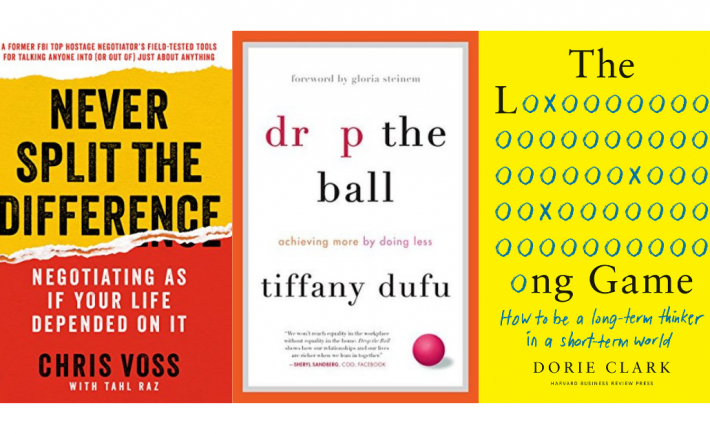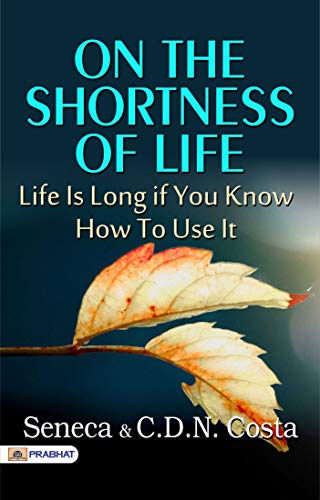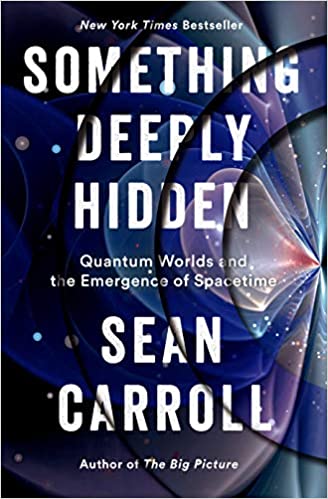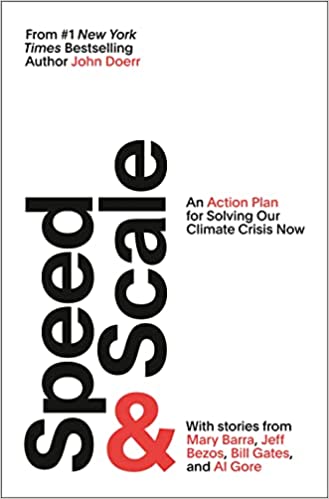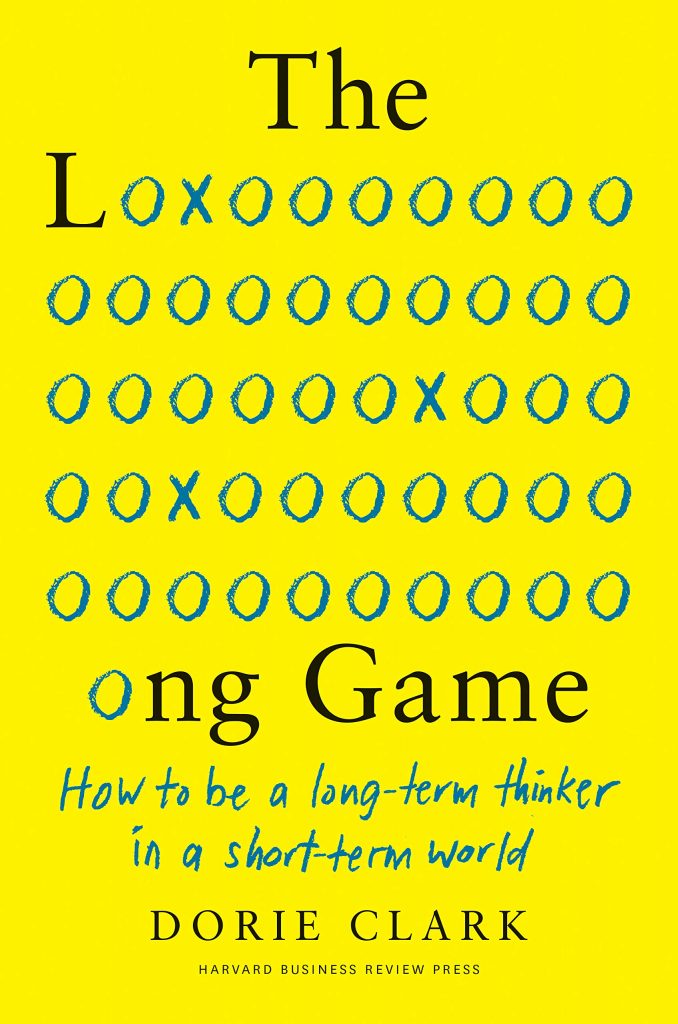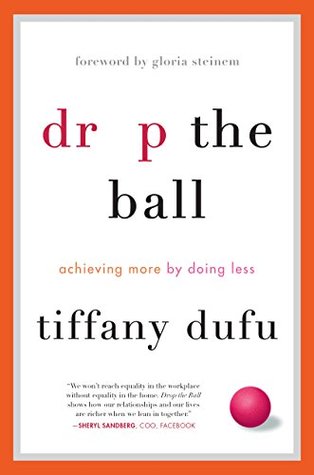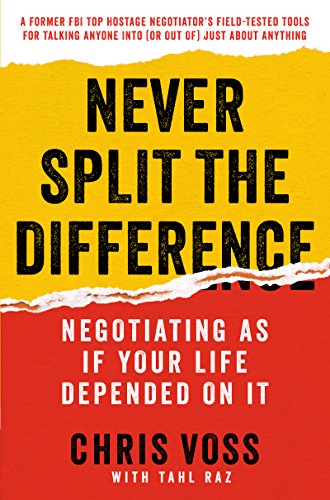You’re not sure if you should keep reading to your toddler because it seems they’re not paying attention when you do.
Well, the answer to that question is a little tricky as it depends on why your child isn’t concentrating while you’re reading to them.
If they’re just fidgeting or looking around the room, then it’s probably okay to continue reading but maybe at a slower pace or using a different animated tone. But if your child is displaying other signs of not being interested, like dozing off, then it might be time to find new ways to engage them in reading.
Don’t force your toddler to pay attention to the story
Think about it this way: reading to your toddler is more than just teaching them about letters and words. It’s also about acquainting them with knowledge about communication and relationships. It’s about showing them that you love them and want to spend time with them. So it’s alright if your toddler isn’t paying 100% attention.
It’s normal for toddlers to have a short attention span
It can be frustrating when you read to your toddler and they don’t seem to be paying attention. But don’t worry, it’s not unusual for them to have a short attention span at this age. They’re just starting to develop their cognitive skills, and their brains are working overtime as they learn new things.
So keep reading to them, even if they don’t seem to be listening. The more stories you read to them, the more words they will grasp. And eventually, they will start to pay more attention and enjoy the plots, even more, when words they know start recurring and making sense.
Try different types of books to see what are their interests

Image Credits: unsplash.com
One thing you can do is try different types of books to see what interests your toddler. Maybe they’re more interested in specific-themed books than others. The critical thing is to keep trying new genres and never give up on reading together. It’s a bonding experience you and your child will treasure for years to come.
Reading consistently can help advance their language skills
Even if your toddler doesn’t seem to be concentrating on the stories, they’re still absorbing the language. Studies have found that reading aloud to children helps them develop language skills. And the more stories they hear, the better they do.
So don’t give up on reading to your toddler just because it seems like they’re not listening. The benefits are there, even if they don’t demonstrate it immediately. Keep reading and you will be helping them develop strong foundations that will last a lifetime.
Toddlers learn best through repetition, so reading the same story multiple times can help them remember words and the storyline. Reading also helps stimulate your child’s brain and develops skills such as vocabulary and comprehension. If your child is not interested in sitting down and listening to a story, try reading while they’re moving around. Eventually, they may start to pay attention – and even get excited – when a particular story is being read aloud.


